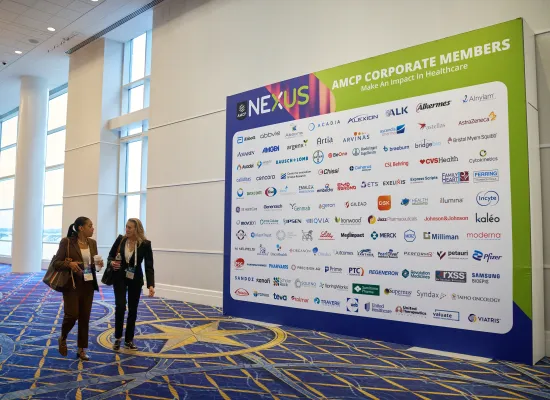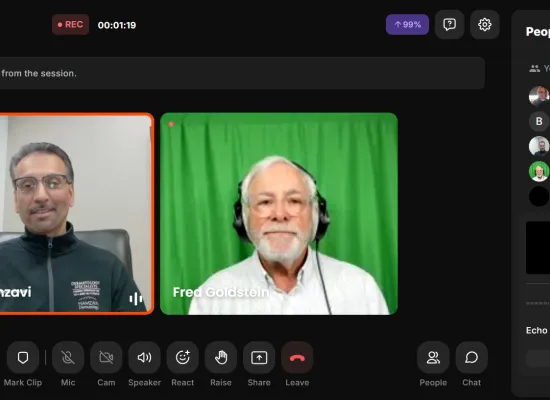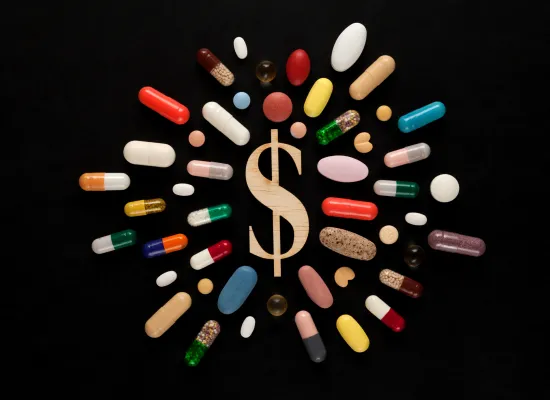
Ensuring Patients Can Get the Medicines They Need: How Reliable Is Our Pharmaceutical Supply Chain?
We live in an interconnected world where the marketplace for all things is global. But we must also make sure the global system works for the benefit of the patients we serve. That includes taking steps to ensure the long-term stability and integrity of our critical pharmaceutical supply chain.
Managed care pharmacy professionals work to ensure patients get the medicines they need at a cost they can afford. But what happens when the medicines our patients need are not available? Unfortunately, we have seen firsthand the repercussions when critical medicines are in short supply or when the unthinkable occurs and tainted medicines enter our supply chain. That is why I took note recently over concerns raised about vulnerabilities in our supply chain. Namely, that the U.S. relies on one country — China — for many, many vital medicines.
In addition to producing finished products, China has become the dominant global supplier of active pharmaceutical ingredients – or APIs - that are the essential ingredients for thousands of crucial pharmaceuticals Americans take, including antibiotics, oncology drugs, and drugs used in critical care and surgery. This is according to an important and well-researched 2018 book, China Rx: Exposing the Risks of America’s Dependence on China for Medicine, by Rosemary Gibson and Janardan Prasad Singh.
AMCP President Jim Kenney and I recently heard Gibson speak on this topic at a conference in Alexandria, Va. She and her book underscore what’s at stake in our reliance on Chinese-made medicines and APIs. According to Gibson, if China stopped exporting its ingredients, within just a month, “surgeries would be canceled, cancer treatments halted, kidney dialysis rationed. Infections would spread.” Given the uncertainties over the ongoing trade dispute between the U.S. and China and the history of military tensions in the South China Sea, how concerned should we be about the potential for large-scale supply chain disruptions?
Another more immediate concern centers on the safety of these products and conditions of China’s manufacturing plants, according to Gibson. The 2008 deadly contamination of heparin products originating in China is an example of the worst-case scenario. But other incidences also should have us concerned. In 2015, the U.S. FDA banned 29 drug products from a Chinese manufacturing plant because of numerous complaints about the lack of full potency and presence of suspicious particles. The agency, however, was compelled to exempt 14 products from the ban because of concerns over shortages.
The recent recall of losartan and valsartan due to the presence of a carcinogenic impurity should be a wake-up call to all of us, especially our elected leaders and regulatory authorities. The Chinese API manufacturer altered its manufacturing process in 2011 to include a solvent suspected of causing the mutagenic impurities, leading to a global recall of the medicines. Looking into the future, the outbreak of African swine flu in pigs in China, which could cause as much as a 35% decline in China’s pig population, has the potential to cause heparin shortages in the U.S. and abroad. All of this comes as the U.S. faces ongoing difficulties in inspecting Chinese manufacturing plants.
What can we do to safeguard our supply chain and ensure our patients can get the medicines they need? At the macro level, Gibson and Singh present suggestions on how the U.S. can ensure a stronger safety net overall. These include calls to make medicines and APIs a strategic asset, just as we view oil and the energy supply, rather than as a commodity to be bought at the lowest price. And they say the U.S. could provide incentives to bring drug manufacturing back to the U.S., while strengthening inspections overseas.
Closer to home, we have some stellar examples of managed care pharmacy helping health plan members and network providers work through drug shortage issues. Our large scale allows us to see where shortages are occurring and direct additional supply where necessary. In the wake of the initial valsartan recall in 2018, one large U.S. health plan created a dashboard to identify members who were taking the medication, monitor to ensure patients transitioned to a new medication that was not in the recalled lots, and track adherence after the recalls. The health plan found, unfortunately, that some members discontinued therapy because of a lack of trust in the products.
We live in an interconnected world where the marketplace for all things is global. But we must also make sure the global system works for the benefit of the patients we serve. That includes taking steps to ensure the long-term stability and integrity of our critical pharmaceutical supply chain.
Featured News & Resources
See Full CalendarAMCP Southwest Day of Education
Award Applications Open
Upcoming Events
AMCP offers a wide variety of educational opportunities, from events and webinars to online training.







